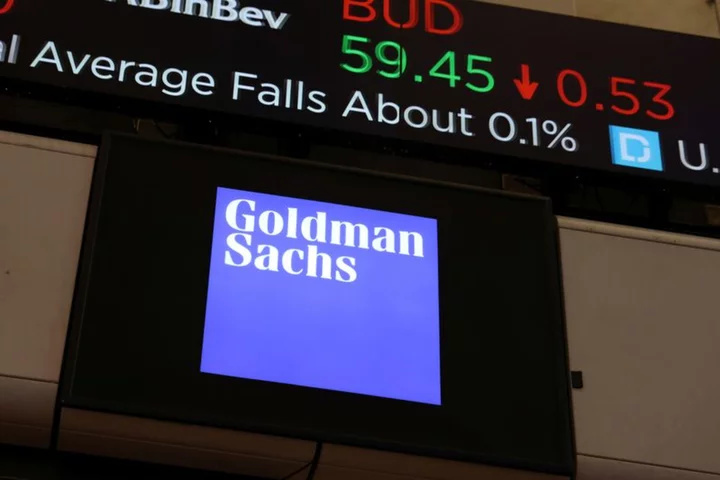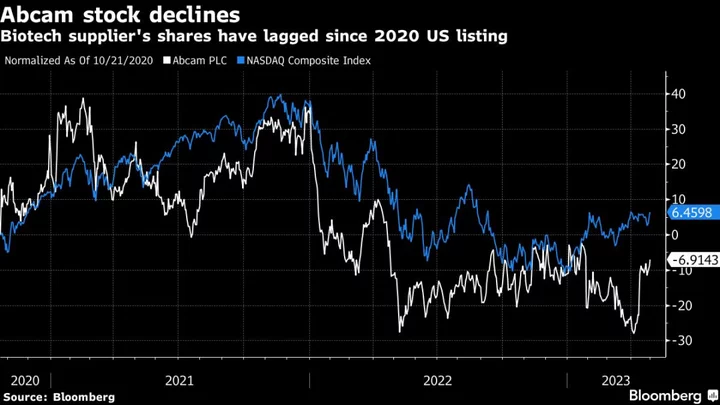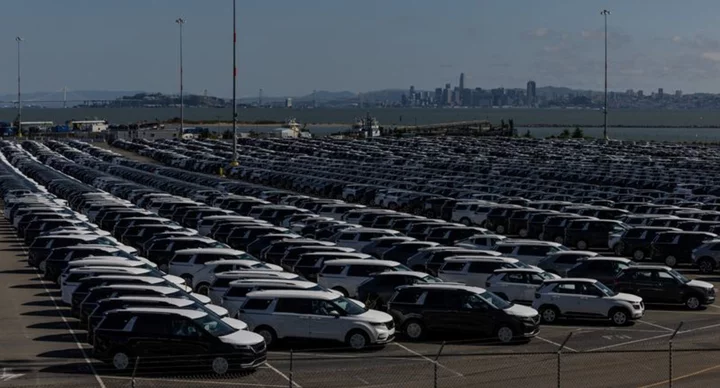BERLIN (Reuters) -German inflation fell in July, resuming the decline since the start of the year that was interrupted the previous month due to the base effects in June's data.
German consumer prices, harmonised to compare with other European Union countries, rose by 6.5% on the year in July, preliminary data from the federal statistics office showed on Friday. This follows a 6.8% increase in June.
Analysts had forecast a harmonised annual inflation rate of 6.6% in July when polled by Reuters.
By comparison, inflation fell to 5.0% in France and it rose to 2.1% in Spain.
Italian and euro zone inflation data is due on Monday.
Economists polled by Reuters expect euro zone inflation to fall to 5.2% in July from 5.5% in June.
Non-harmonised inflation in Germany fell to 6.2% in July from 6.4% the previous month.
The data from Germany, the euro zone's biggest economy, come as the European Central Bank is still looking for evidence that underlying inflation has turned a corner.
Germany's core inflation rate, which excludes volatile items such as food and energy, stood at 5.5% in July, down from 5.8% in June.
The ECB raised rates for the ninth successive time on Thursday but left the door open to a pause in September, even though core inflation seems to be stickier than previously thought.
(Reporting by Miranda Murray, Maria Martinez and Rachel More; Editing by Sharon Singleton)









